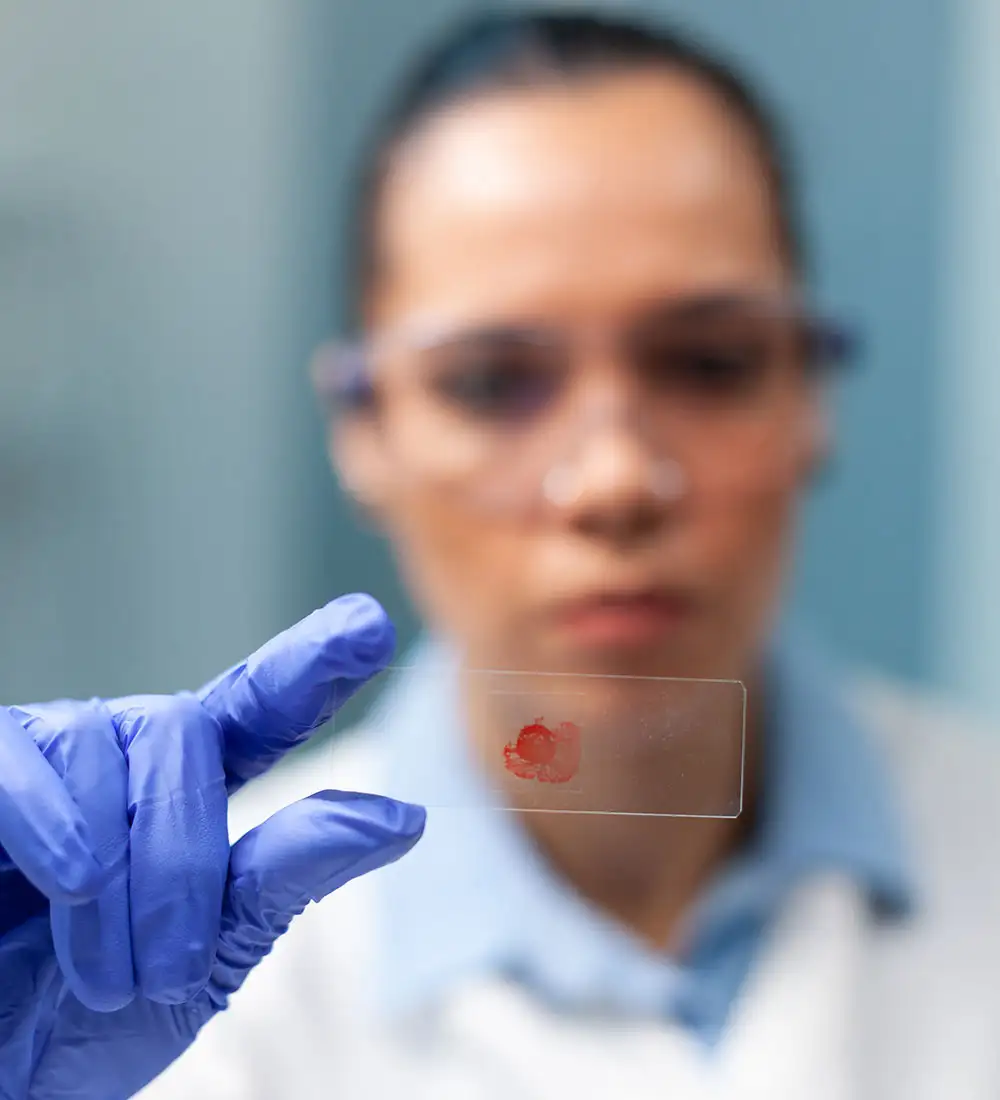According to the World Health Organization (WHO), In-Vitro Diagnostic (IVD) tests are a crucial subset of medical devices. These tests are designed for the in-vitro examination of specimens derived from the human body, providing essential information for screening, diagnosis, or treatment monitoring purposes.
IVD tests encompass a wide range of products and technologies. They may include reagents provided in kit formats or separately, as well as calibrators and controls, which are critical for ensuring the accuracy and reliability of test results. IVD testing can be performed using a variety of instruments, ranging from small, handheld devices to complex laboratory instruments.
IVD tests play a vital role in modern healthcare by enabling early detection and diagnosis of diseases, which can lead to more effective treatment and better patient outcomes. They are indispensable tools in the management of chronic diseases, infectious diseases, and various health conditions. For example, IVD tests are essential in diagnosing diabetes, monitoring HIV/AIDS, and detecting genetic disorders.

Diagnostic tests and technologies significantly impact the quality and cost of patient care, with In Vitro Diagnostics (IVD) playing a crucial role in providing vital information that supports clinical decisions from diagnosis through treatment and prognosis. In today's fast-paced healthcare environment, the ability to deliver rapid, accurate, and reliable lab tests is essential for improving patient outcomes and adding value for clinicians and healthcare professionals. This ensures that patients receive the appropriate care promptly, especially in critical and time-sensitive situations.
The Value of Diagnostic Information (VODI) extends beyond conventional cost control, encompassing four key categories of value: